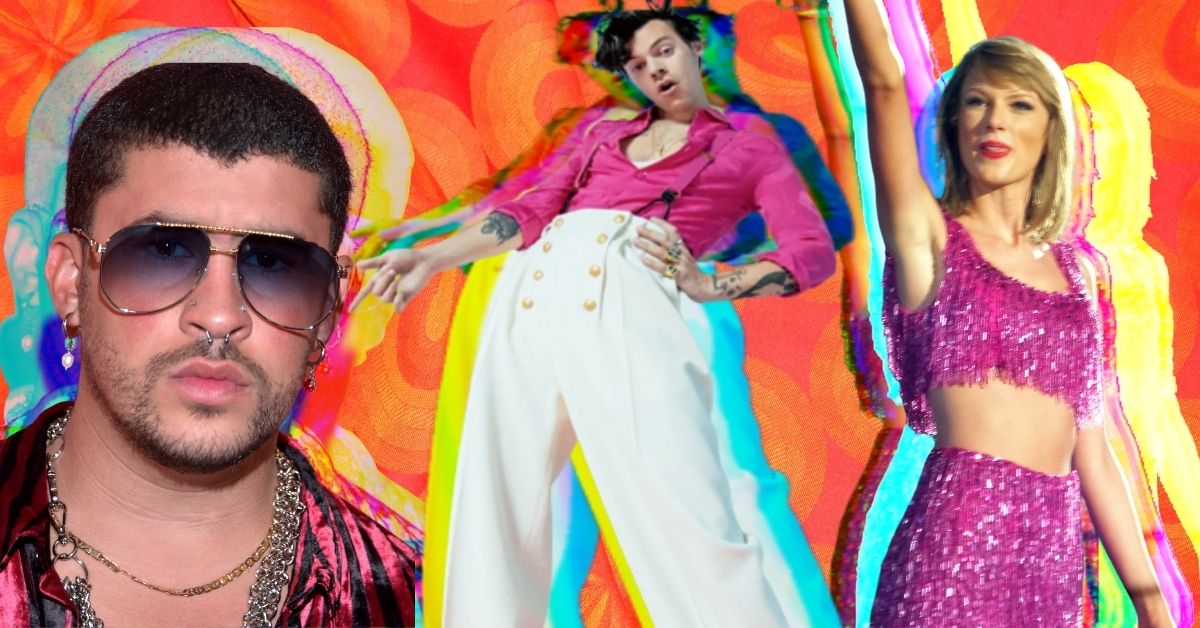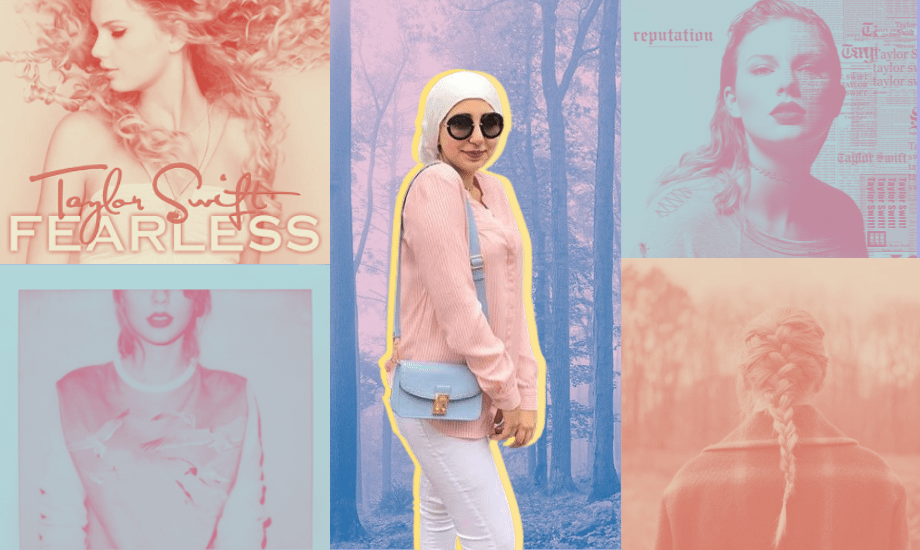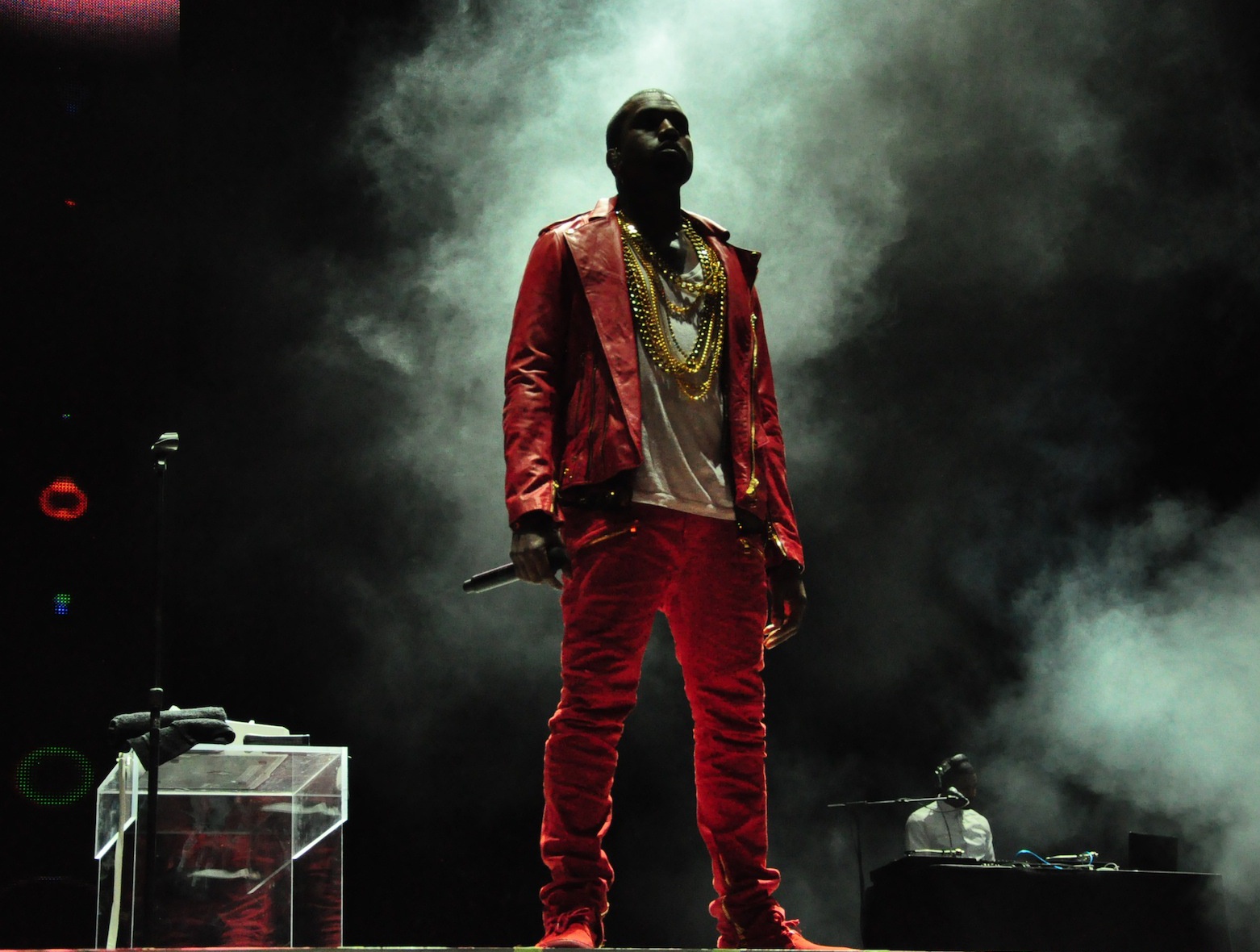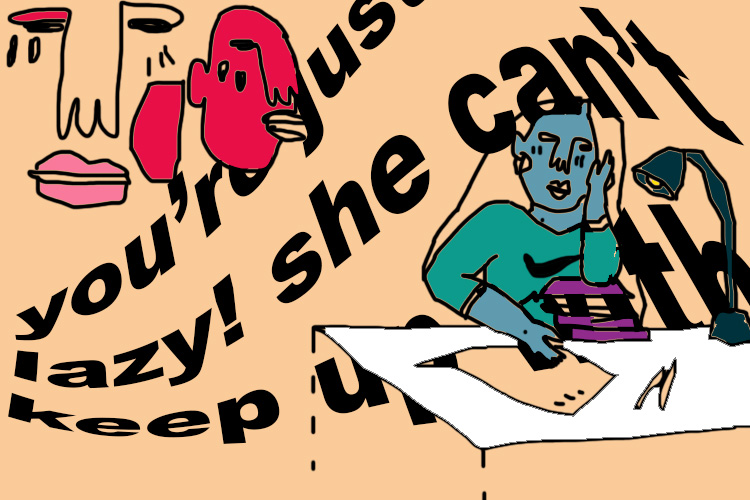
I’ve discovered that whenever Lena Dunham trends or makes any kind of headline, it’s worth bracing yourself for whatever next level of one-dimensional and reductive brand of feminism the actor and director will be regaling the internet with. And on this occasion, like every other, it was completely necessary.
In an interview published on Dunham’s Lenny Letter site between herself and Amy Schumer, Dunham relays her miserable 2016 Met Gala experience where she was seated next Odell Beckham Jr. (OBJ) and describes how “it was so amazing because it was like he looked at me and determined I was not the shape of a woman by his standards”. She continues by stating that “it was like we were forced to be together, and he literally was scrolling Instagram rather than have to look at a woman in a bow tie”.
It’s truly phenomenal how much of OBJ’s inner stream of consciousness Dunham was able to unpick without apparently exchanging so much as a word with the sportsman. What’s also extraordinary is how much casual racism and entitlement can be spied between the lines. She shares that “the vibe was very much like, ‘Do I want to fuck it?’”, harking back to the tired trope that black men possess a hyper masculine sexuality that revolves around tallying up conquests.
Faced with a large, athletic and handsome black man, Dunham mentally flicks through her meagre fact file on black people – the same wealth of knowledge that one can only assume informs the woeful lack of racial diversity on Girls – and settles on the assumption that someone who presents black masculinity in such a fashion must only be after one thing – something that she concludes she isn’t able to provide.
Exercising her famed mind-reading ability, she shares that “he was like, ‘that’s a marshmallow. That’s a child. That’s a dog.’” Having ascertained that OBJ has an unquenchable sexual thirst, she rules herself out for not having the body or appearance that he would find attractive. For someone who constantly speaks out on the pervasive and objectifying gazes levelled at her body – leading to her stating that she never wants photos of her to be retouched again – Dunham seems perturbed and even troubled as to why the gaze of Odell has passed over her. The actor appears to be launching an insecurity-fuelled crusade against the American football player – is my “marshmallow” body not good enough for you? Why is your sexualisation not all-inclusive?
Body shaming and the experiences around the objectification and sexualisation of larger women are important dialogues that need to be had, however, if that is what Dunham was attempting to initiate here, it was entirely eclipsed by how she went about it, particularly as she has simply made a series of assumptions about OBJ.
Lena Dunham, along with Taylor Swift, Chloë Grace Moretz and and countless others, form the Order of the White Feminist, with the term meaning “any expression of feminist thought of action that is anti-intersectional”, according to feminist blogger and author Cate Young. With their superficial acknowledgement of issues of diversity and constantly making themselves the standard that other feminists should be measured by, these kinds of feminists steamroll their way over dialogues, co-opt experiences and centre themselves.
An unforgettable example of this being when Swift took Nicki Minaj’s critique of the MTV Video Music Awards as a personal attack on her and proceeded to silence the rapper and derail a valid conversation around the bodies of black women. She also managed to create a new dialogue whereby she was now the victim at the hands of Minaj, a scenario that Dunham has tried to emulate with Odell Beckham Jr.
Who knows why he was more engrossed with Instagram than the thought of interacting with Lena Dunham? Maybe he thought Girls was trash. Maybe he heard that she was the one who said that eating sushi is cultural appropriation.
Lena, there are plenty of reasons to have qualms with you – you don’t need to conjure up an imaginary dialogue grounded in confused entitlement to explain why someone was simply just unbothered by your existence.









